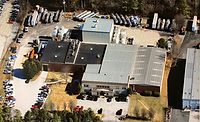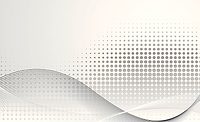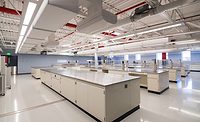Gelest Upgrades and Expands Organosilane Antimicrobial Manufacturing

Gelest, Inc. announced it has significantly upgraded and expanded the manufacturing and formulation capabilities for its BIOSAFE® organosilane antimicrobial product line, dramatically improving efficiency and enabling supply with greater economies of scale.
“In response to the surging demand, we’ve refocused our efforts to make the synthesis and formulation of organosilane antimicrobials competitive at scale,” said Daria Long, Gelest Vice President of Consumer Care and Life Sciences. “New efficiencies and the upgraded capabilities put Gelest in a position to supply major users of this long-trusted technology.” The emphasis on scale and economy also prepares the BIOSAFE organosilane antimicrobial product line for widespread application rather than limiting it to a specialty niche chemistry.
While aggressive annual growth rates drive the overall market for antimicrobials, the demand for organosilane antimicrobials increased dramatically during the Covid-19 pandemic. Microbes are problematic in many industries including high-touch healthcare surfaces, textiles for active wear, food packaging, architectural paints and coatings, HVAC systems for indoor environmental quality, and water filtration.
Silicone-based antimicrobials perform differently than traditional antimicrobials. Most antimicrobials are metabolized by cells and then poison the cells from the inside via mutating proteins and DNA. By contrast, BIOSAFE antimicrobial imparts bacteriostatic, fungistatic, and algistatic properties and binds to substrates with silanol reactivity, assembling on surfaces into a layer of densely packed molecules with a strong positive charge. This positive charge and its C18 chains physically rupture the cell wall, causing cell lysis, and nothing is transferred or absorbed.
With the rise of multi-drug-resistant microbes, this is a preferred mode of action. Gelest’s BIOSAFE product line includes organosilane antimicrobials with EPA/FIFRA-registered uses of food contact substrates and an FDA exemption from tolerance.
Looking for a reprint of this article?
From high-res PDFs to custom plaques, order your copy today!







